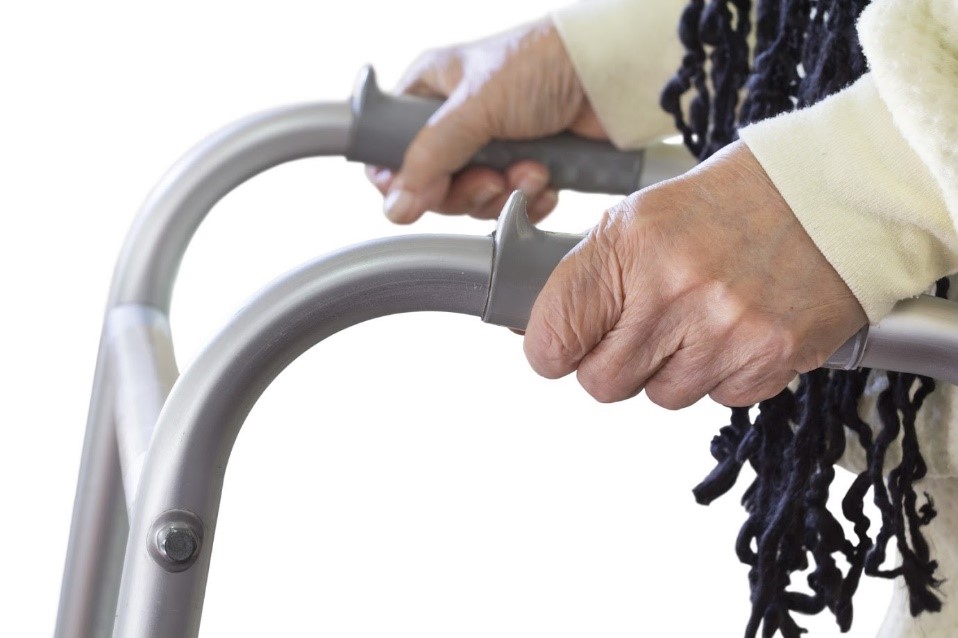Blog
Which Type of Assistive Walking Aid Should You Choose?
Whether you need support walking due to balance difficulties or an injury has caused mobility issues, your medical supply store has something to offer. Assistive walking devices are designed with safety in mind, helping seniors and persons of all ages who have difficulty getting around. A variety of products are available, including canes, walkers and rollators, but how do you know which device is the best one for you?
Talk with your doctor, physical therapist or occupational therapist about your situation and needs to get their recommendations. Keep in mind that a prescription and doctors notes may be required if you will be submitting your purchase to your insurance company. Then you should visit a medical supply store that offers these products to have a look at a few walking aids that make walking and getting around a little easier and safer for you.
A Walking Cane
Do you have a medical condition such as osteoarthritis or chronic knee or hip pain? If so, you might require a little assistance that can offer you stability as you walk. A walking cane might be a good choice for you. A weight-bearing cane offers options depending upon your specific needs.
Look for an offset cane that offers support for your wrist, with a comfortable and ergonomic handle. The basic design is suitable for minimal weight bearing when a little extra stability is needed. Consider one with variable height adjustment. Also available is a folding umbrella cane, which is multi-functional.
An aluminum frame will add extra durability and stability. If you prefer, choose an all-wood design instead. Natural wood offers a classic look of elegance.
If you’re looking for something compact and extra portable, consider a folding cane. A folding cane can offer as much stability as any other, but it will fold up compactly to allow you to store it away discreetly. A folding cane is easy to travel with and can be packed inside a suitcase or backpack easily.
Some seniors and those with hemiplegia or cerebral conditions need extra support and stability when walking. A quad cane offers extra security, as it has a wide base and four rubberized feet to offer more support. Keep in mind, you will need to move at a slower pace when using a quad cane as opposed to the standard or basic model.
A Walker
Walkers are ideal for bariatric patients, as they provide extra stability and support. Many styles will support individuals of up to 500 pounds. A walker is also suitable for post-operative assistance or for seniors who have a higher risk of falling.
Just as canes are available in folding models, folding walkers are also an option. If you have a smaller, more petite body frame, choose a junior or youth-designed walker.
For those with foot injuries, a knee walker — sometimes referred to as a knee scooter — is an excellent choice. The knee walker has a padded platform of sorts for knee and lower leg support, as well as a steerable handle. The handle also features brake support.
A Rollator
A rollator is similar to a walker, although as the name implies, a rollator will have rolling wheels to glide along most surfaces and terrains easily. Some refer to the rollators as 4-wheeled rolling walkers. You can find a basic style, or choose one that is equipped with an optional basket for carrying small items or groceries.
In addition, the typical rolling walker has a padded seat. The seat comes in handy when you need to rest. Some models also include a backrest for back support. You might prefer a rollator that transforms into a transport chair. The combination rollator and transport chair will come equipped with armrests and footrests.
Whether choosing a cane, walker, or rollator, you may find various options available. Be sure to check weight capacity when choosing any type of walking aid. Also, remember to talk to your physician or health care professional first, and then see your medical supply store for options.

